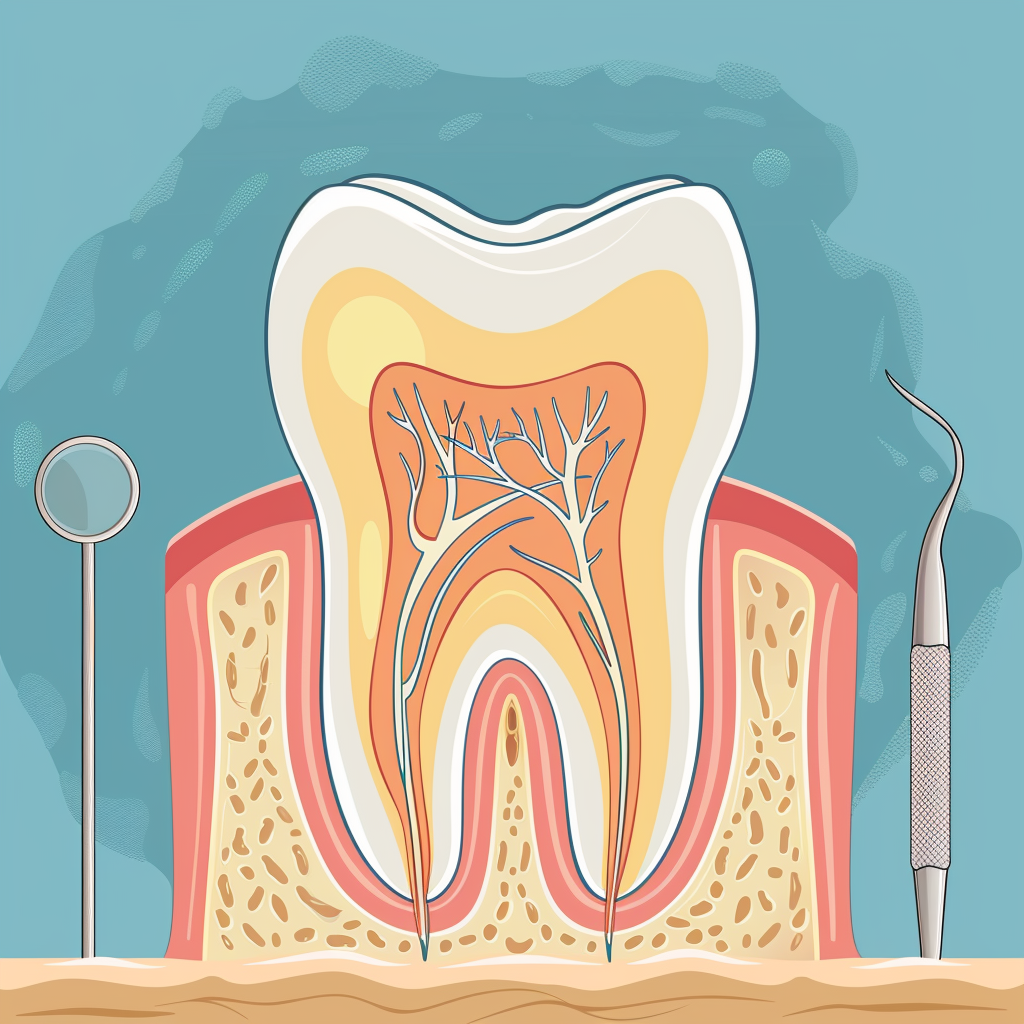Effective Strategies to Kill a Nerve in a Tooth
Tooth pain is one of the most debilitating experiences one can encounter. When the pain is insistent and intolerable, it often indicates that the nerve in the tooth is severely damaged or infected. In these cases, effectively killing the nerve in a tooth may be necessary to alleviate the discomfort. This article delves into the various methods and strategies to achieve this.
Understanding Tooth Nerve Pain
Before diving into the methods for killing a nerve in a tooth, it’s crucial to understand what causes this pain. The tooth’s nerve resides within the root canal, and pain can stem from:
● Extensive Decay: Cavities that are left untreated can reach the pulp, leading to nerve pain.
● Dental Trauma: Injury to the tooth can damage the nerve.
● Infection: Bacterial infiltration can cause an abscess, resulting in severe pain.
Professional Dental Techniques to Kill a Nerve in a Tooth
Seeking professional dental care for killing a nerve in a tooth is the most effective and recommended approach. Here are some common techniques:
Root Canal Therapy
Root canal therapy is the most common procedure for removing a tooth nerve. Here’s how it’s done:
This method not only removes the nerve but also saves the tooth from further decay.
Pulpotomy
A pulpotomy is generally reserved for children or for temporary relief in adults until a full root canal can be performed. The steps include:
Tooth Extraction
If the tooth is beyond saving, extraction might be the best option:
Although extraction is more invasive, it completely eliminates the source of pain.
Home Remedies to Temporarily Relieve Tooth Nerve Pain
While professional treatments are the best solution, there are some home remedies that can provide temporary relief from tooth nerve pain:
Clove Oil
Known for its anti-inflammatory and analgesic properties, clove oil can provide relief:
**Note:** Clove oil can be intense, so use cautiously.
Garlic Paste
Garlic has natural antibiotic properties. Here’s how to use it:
Saltwater Rinse
A saltwater rinse can reduce inflammation and clean oral bacteria:
Over-the-Counter Solutions
Sometimes, over-the-counter items can offer temporary relief:
Oral Gels
Topical oral gels contain benzocaine, which numbs the area:
Ibuprofen or Acetaminophen
These pain relievers can help manage severe discomfort:
Avoiding Tooth Nerve Pain
Prevention is always better than cure. Here are some tips to avoid tooth nerve pain:
When to Seek Professional Help
If home remedies and over-the-counter solutions only provide temporary relief, it’s essential to seek professional dental care. Persistent tooth pain is often a sign of a more serious issue that will not resolve on its own. Symptoms that require immediate attention include:
Addressing these symptoms promptly can prevent further complications and preserve your dental health.
Conclusion
Managing tooth nerve pain effectively requires a blend of timely professional care and immediate home remedies for temporary relief. While removing a nerve can offer significant relief from debilitating pain, it’s essential to consult a dental professional to choose the right treatment path. By understanding and implementing these strategies, you can take actionable steps toward maintaining optimal dental health. Regular dental check-ups, maintaining good oral hygiene, and being aware of the signs that require professional care are crucial in avoiding severe tooth nerve pain.





